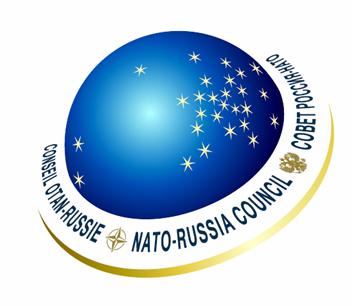 Excerpt from ITAR-TASS interview with Alexander Grushko, Russia’s Permanent Representative to NATO.
Excerpt from ITAR-TASS interview with Alexander Grushko, Russia’s Permanent Representative to NATO.
We told the NRC [NATO-Russia Council] members about the conclusions of the Russian experts’ report,reached on the basis of the analysis of samples taken at the site of the chemical attack near Aleppo on the 19 March, which was presented to the UN, and we also informed them about the available evidence, that many of the so called “proofs” of the use of chemical weapons, including in Ghouta, were fabricated. The main thing now is to refrain from snap judgements and provide the UN experts with the possibility of completing their work, especially in view of the fact that Ake Sellstrom’s group intends to return to Syria as soon as possible to continue their investigation.
Many partners talked about the need to guarantee implicit implementation of the Geneva document. We presume that after the decisions of the OPCW Executive Council and a “supporting” UNSC resolution are adopted, the UNSC may review the course of implementation of these decisions and then make decisions related to further measures, if any are required, to ensure implementation of the Geneva document. The UNSC has all the necessary tools to do this. Incidentally, the Geneva document states the fact clearly, it is extremely important that the NRC members work actively with the opposition, trying to achieve implicit implementation of the adopted decisions. We talked about this at the NRC session as well.
I will mention that some NRC ambassadors expressed their countries’ readiness to assist on a practical level in the establishment of international control over chemical weapons and their further elimination, at the request of the OPCW or the UN, with their resources.
Image: The NATO-Russia Council discussed Syria on Sept. 17, 2013 (graphic: NATO-Russia Council)

